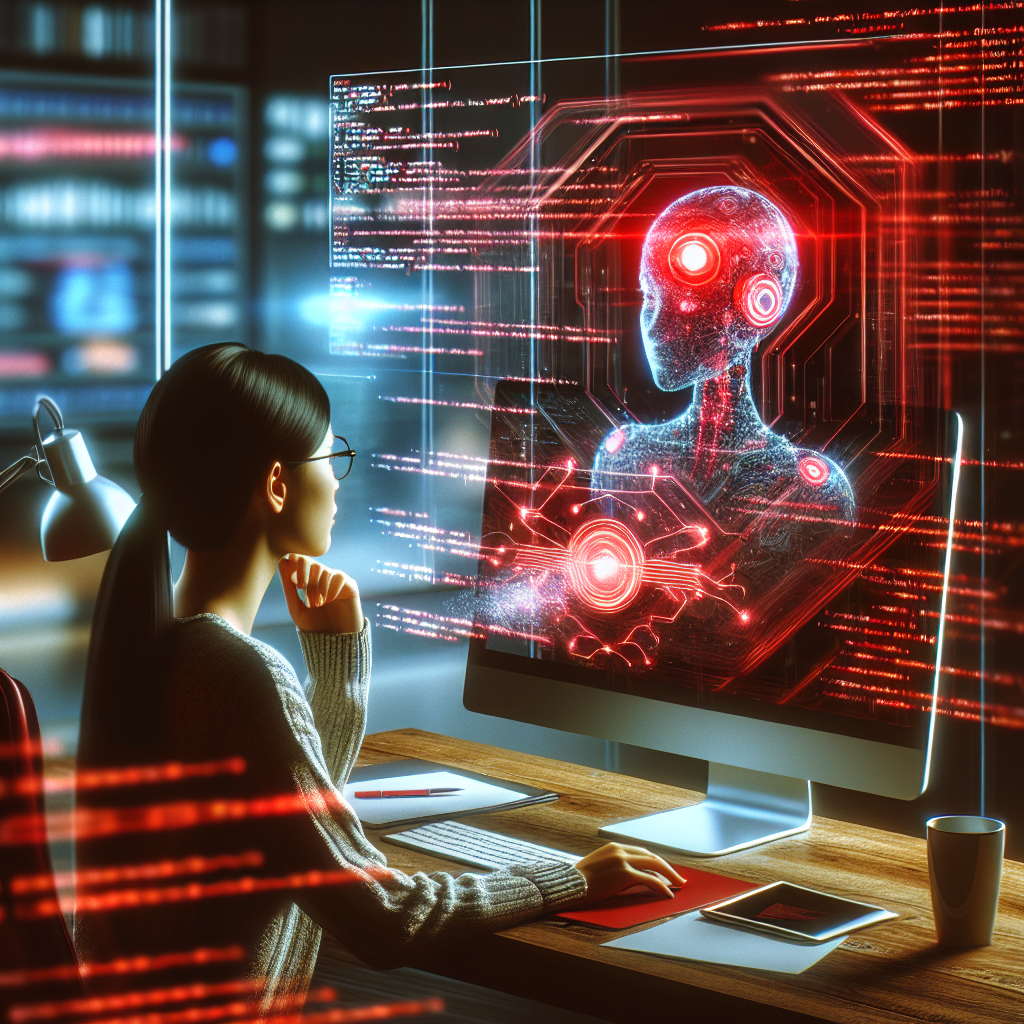In an era marked significantly by transformations within the workplace catalyzed by technological advancements, the interaction between machines and workers has taken center stage. A recent example of this dynamic comes from the Israeli startup, TurinTech, which has developed an AI-driven tool designed to optimize code, consequently making software developers’ jobs more efficient but also reshaping their traditional roles within the tech ecosystem.
As detailed in a piece published by Calcalistech, titled “TurinTech wants to upgrade developers to a more strategic role”, the premise of TurinTech’s innovation lies not just in streamlining the coding process but in elevating the role of software developers to strategists rather than mere coders. By leveraging artificial intelligence to handle the more monotonous, repetitive aspects of coding, developers are geared to focus on more complex, strategic decisions that better utilize their skills and contribute to innovative outcomes.
The concept introduced by TurinTech isn’t merely about efficiency; it underscores a broader shift in how industries perceive and utilize human labor in conjunction with artificial intelligence. While some fear that AI may usurp jobs, making human roles redundant, TurinTech’s approach suggests a complementary synthesis where AI acts as an augmenting tool. This synthesis is intended not to replace but to propel developers into roles that are more critical thinking-intensive, leaving the algorithmic heavy-lifting to the AI-built models.
This technological pivot raises significant questions about the future landscape of employment within the tech sector and beyond, speaking to deeper themes such as the true value of human expertise and the evolving nature of professional knowledge work. It aligns well with the ongoing discourse among business leaders and technologists who advocate for a balanced approach to AI integration, prioritizing augmentation over automation.
Indeed, industries across the spectrum have witnessed a push towards such models of operation. Manufacturing, healthcare, and finance have similarly employed technology to take over routine tasks, enabling professionals to engage more deeply with work that demands their uniquely human capabilities, such as problem-solving, creative thinking, and ethical judgments.
In this transition, however, there are certainly challenges to reckon with, including the retraining of the workforce to meet new job demands, the ethical implications of AI in decision-making processes, and the socio-economic impacts of technological displacement. Industry leaders and policymakers are thus called upon to navigate these changes thoughtfully, ensuring that while companies stride towards unprecedented efficiency and innovation, they also maintain a commitment to the workforce development and ethical standards.
As TurinTech’s tool progresses and finds adoption, its capacity to reformulate job descriptions and operational strategies within tech domains will undoubtedly serve as a test case for similar technologies poised to transform professional landscapes. What remains critical is monitoring these shifts not just for the technological feats they represent, but for the human impacts they entail. The future of work is not just about technological advancement; it is equally about defining the role of human intelligence in the age of algorithms.



